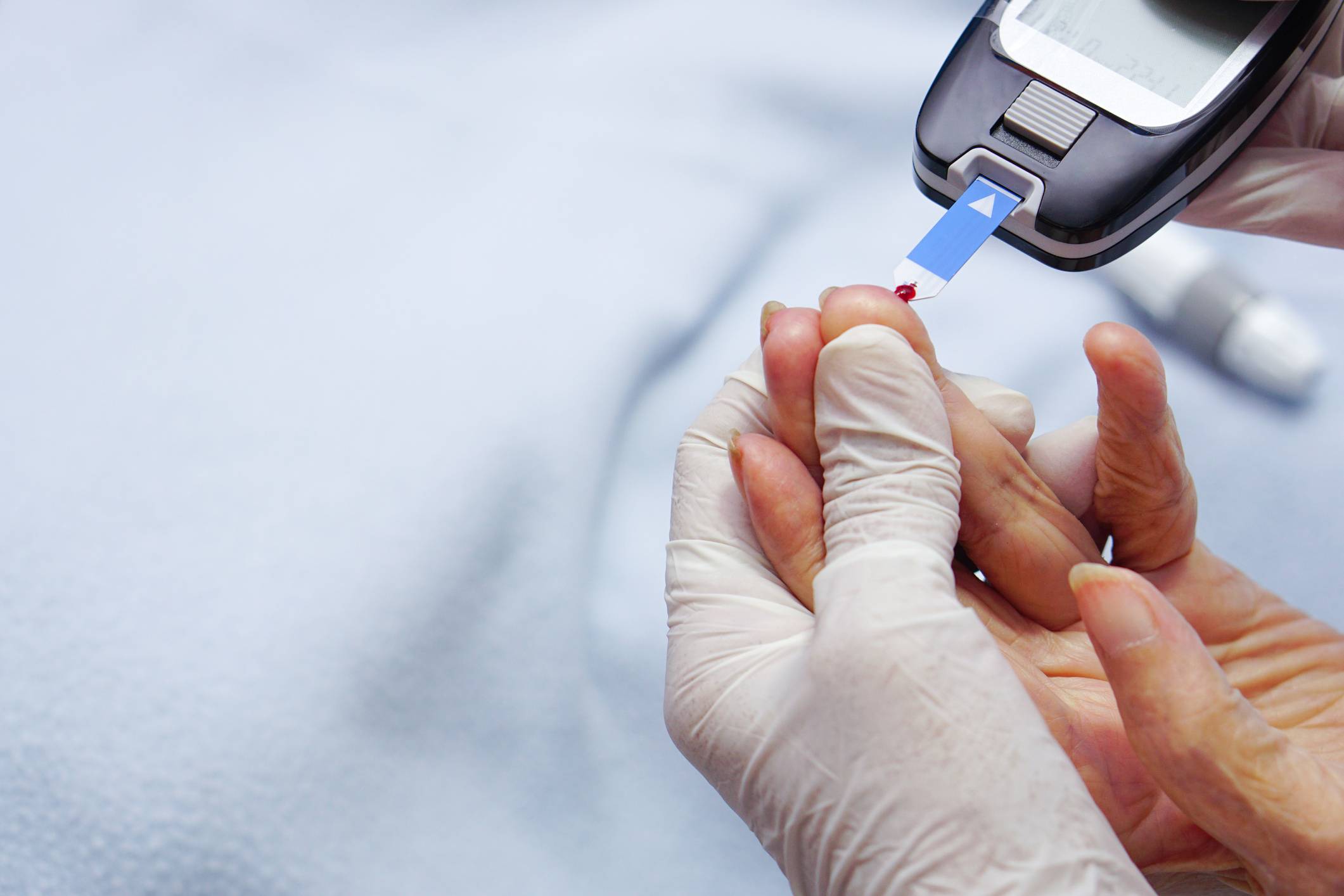Nine out of 10 people with diabetes in Japan feel troubled by the disease’s Japanese name, saying it creates a stigma that the condition is filthy or caused only by bad habits, according to a recent survey of over 1,000 people who have the disease.
Diabetes, called tōnyōbyō in Japanese, is written using the kanji characters for sugar (tō), urine (nyō) and disease (byō). But the image that conjures up doesn't reflect the actual condition of the disease — which is characterized by high levels of glucose, a type of sugar, in the blood, not in the urine — according to the Japan Association for Diabetes Education and Care, the group of diabetes patients and medical professionals that conducted the survey.
The survey, conducted online between November 2021 and September 2022, covered 1,087 people with diabetes and found that 27.4% of the respondents feel the disease’s name is “unpleasant,” while 25.1% said the name made them “feel very uncomfortable.” Combined with those who said they “feel uncomfortable” and “a bit troubled,” 90.2% of those surveyed had issues with the name.


















With your current subscription plan you can comment on stories. However, before writing your first comment, please create a display name in the Profile section of your subscriber account page.